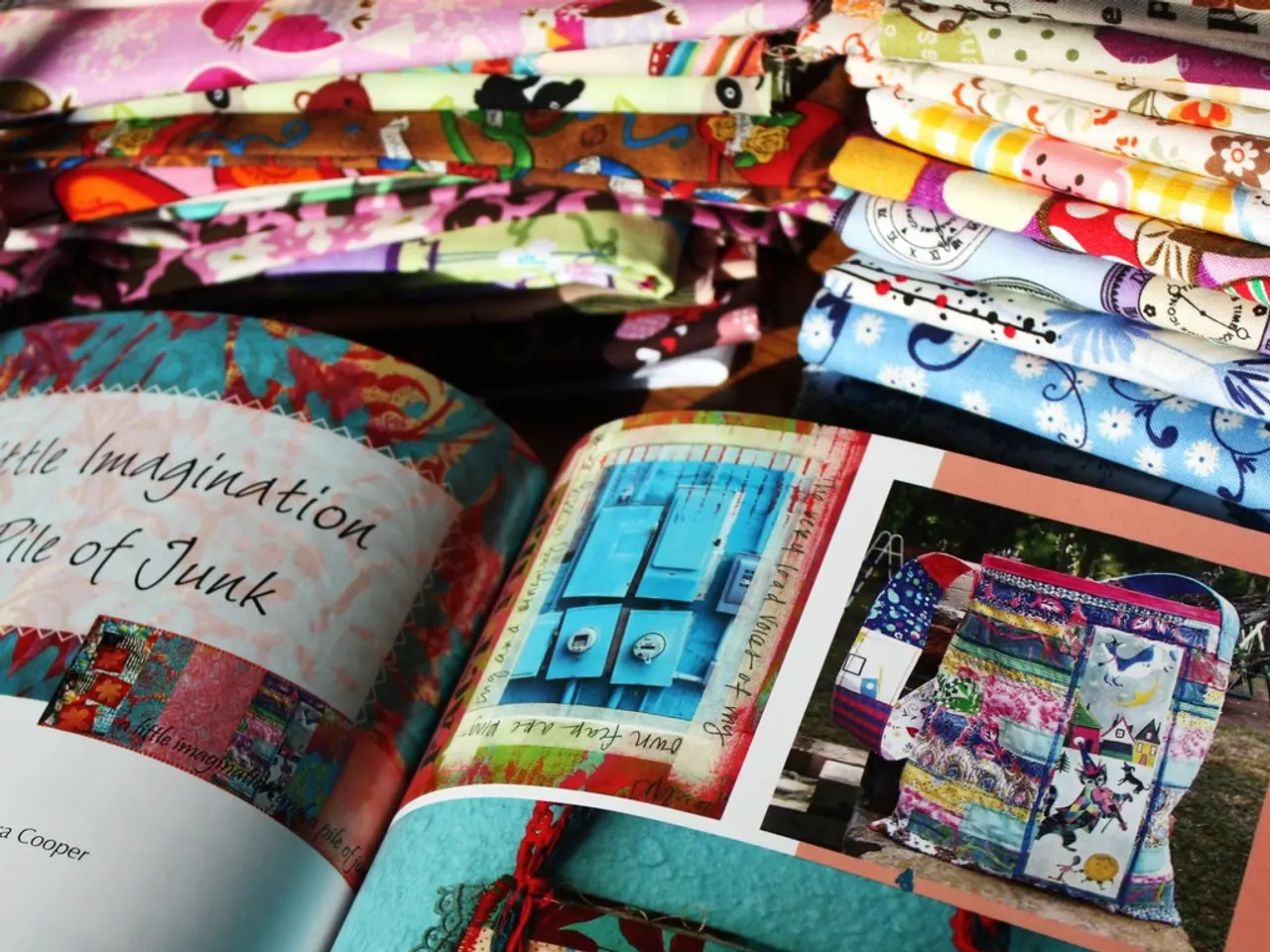To truly attain self-sufficiency financially, it's crucial to eliminate these seven detrimental habits:
Achieving Financial Freedom: Monica's Journey to Debt-Free Living
In a remarkable 18-month period, Monica, a marketing manager, transformed her financial situation by paying off all her credit card debt, building a six-month emergency fund, and increasing her retirement contributions. Her story serves as an inspiration for those seeking financial independence.
The journey began with a realization that her financial stress was due to impulse buying, high credit card debt, and minimum payments on her cards. To break these destructive financial habits, Monica first recognised and confronted her spending patterns. She started tracking every expense daily to understand where her money was going.
Next, Monica eliminated wasteful spending. She cancelled unnecessary subscriptions, avoided "doom spending" (unplanned purchases triggered by stress or negative emotions), and reconsidered her lifestyle choices. For instance, she downsized her home to reduce her monthly expenses, a decision that not only saved her money but also reduced her stress levels.
Monica then developed new habits. She started with small steps, such as building an emergency fund with modest savings, replacing destructive spending with smart investing, and focusing on increasing her earning power through skill development. She also practiced disciplined budgeting, avoiding lifestyle inflation (spending more as income increased).
Seeking financial education was another crucial step for Monica. She learnt about credit, loans, and financial tools like Buy Now Pay Later. This knowledge helped her manage her credit responsibly, avoid costly penalties, and make informed decisions.
The 50/30/20 rule, a method for allocating income, also played a significant role in Monica's financial success. She ensured that 50% of her income went towards necessities, 30% towards wants, and 20% towards savings and debt repayment.
In summary, Monica's path to financial independence involved creating a budget, cutting credit cards, committing to the debt snowball method, and building an emergency fund. She recognised and confronted her spending patterns, eliminated wasteful spending, developed new habits, and sought financial education.
Financial independence means having the freedom to make choices based on one's values, not financial limitations. It is achievable for most people willing to change their financial behaviors. Regularly reviewing and categorising spending, cutting unnecessary expenses, recognising emotional triggers behind doom spending, building emergency savings, investing wisely, and enhancing financial education are key steps towards this goal.
Financial literacy is a crucial skill for making informed financial decisions and avoiding missed opportunities. An emergency fund of 3-6 months of expenses protects one from unexpected financial setbacks. Impulse buying creates a steady drain on one's finances, preventing long-term wealth building.
Monica's story is a testament to the fact that financial independence is achievable with awareness, discipline, savings, and education. It serves as a beacon of hope for those seeking to break free from the shackles of debt and live a financially independent life.
Monica's personal-finance overhaul included implementing budgeting techniques, such as the 50/30/20 rule, to allocate her income effectively, and committing to the debt-management strategy known as the debt snowball method. Through disciplined budgeting and debt-management, Monica aimed to reach financial-freedom, a state where her financial decisions would no longer be limited by her financial circumstances.




